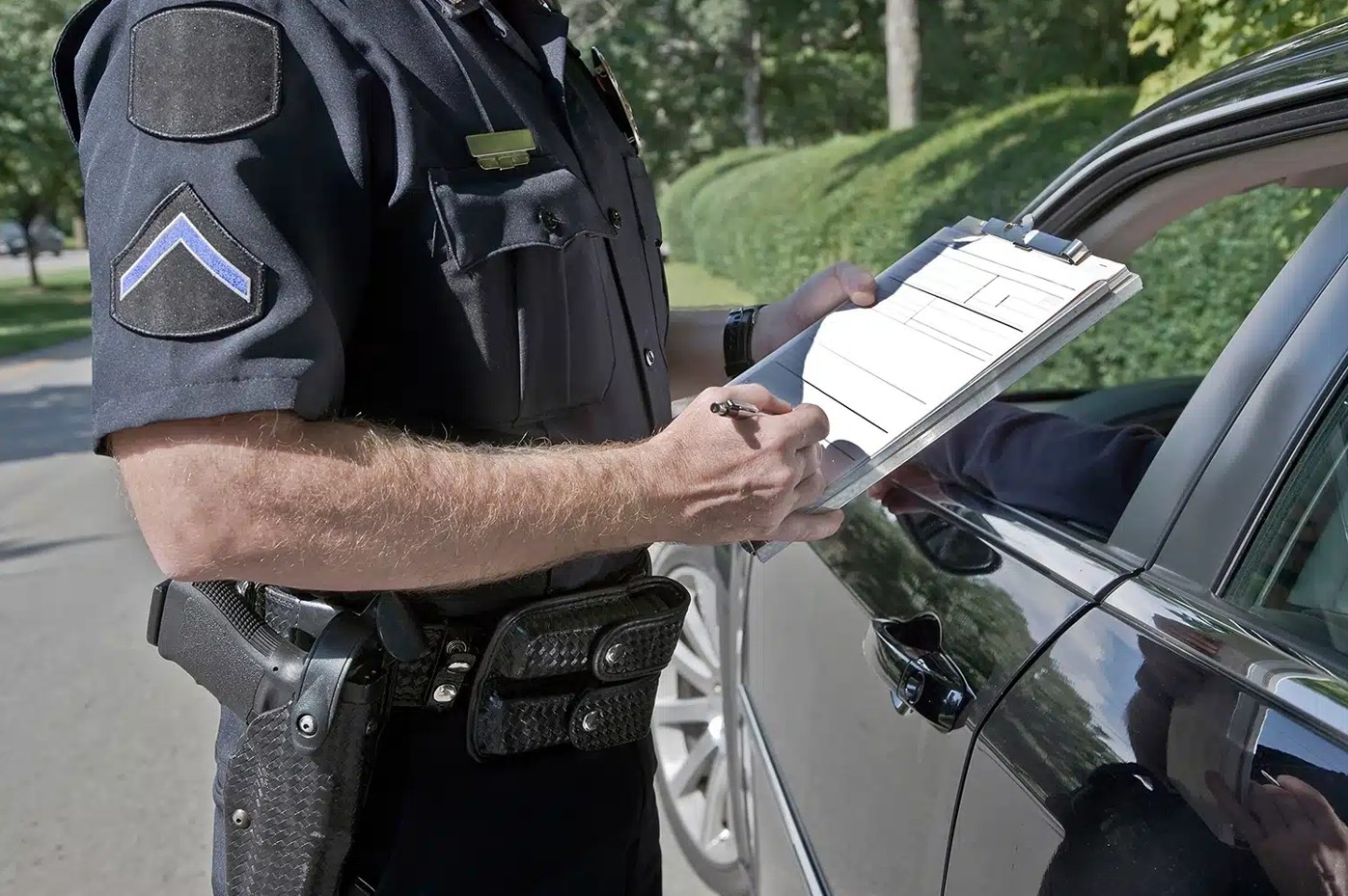Facing a traffic stop in Colorado can be unsettling. Knowing your rights empowers you. When police pull you over, remain calm. You have the right to remain silent. You don’t have to answer questions about where you’re going or coming from. You must provide your license, registration, and proof of insurance. If an officer asks to search your car, you can say no. They may search without your consent if they have probable cause. If you feel your rights are violated, remember every detail. It can help later. Document everything. Stay respectful, but assert your rights. If you’re arrested, remain silent and ask for a lawyer. Having the best criminal defense can make a difference in your case. Understand that every action matters during a traffic stop. Awareness is your best tool. Knowing your rights protects you. Don’t let fear overtake you. Stand firm, know your rights, and act wisely.
Understanding Your Rights
Your rights at a traffic stop are crucial. These rights protect you against unlawful actions. First, you have the right to remain silent. Anything you say can be used against you. Choose your words carefully. You are required to identify yourself by providing your license and registration. Refusing can lead to further complications.
When Can Officers Search Your Vehicle?
The Fourth Amendment protects you from unreasonable searches. If an officer asks to search your vehicle, you can refuse. However, if they have probable cause, they can proceed without consent. Probable cause means they have a reasonable belief that there is evidence of a crime in your car. Standing your ground calmly is important.
Recording the Traffic Stop
You have the right to record the interaction. Recording can serve as evidence if disputes arise. Colorado law permits this as long as it doesn’t interfere with police duties. Remember, keep your movements slow and avoid sudden actions while recording.
Steps to Take If Rights Are Violated
If you believe your rights have been violated, document everything. Take note of badge numbers, patrol car numbers, and any witness information. Write down every detail as soon as possible. This documentation can support your case later. You can file a complaint with the local police department or seek legal advice.
Comparing Consent vs. Probable Cause Searches
| Consent Search | Probable Cause Search |
|---|---|
| You voluntarily allow the search. | Police have a reasonable belief of crime evidence. |
| You can refuse the search. | Refusal does not prevent the search. |
| No warrant needed with consent. | No warrant needed if probable cause exists. |
Stay Informed and Prepared
Preparation is key. Knowing what to expect helps in staying composed. For more detailed information on your rights, visit the American Civil Liberties Union website. Understanding these rights ensures you are ready if a traffic stop occurs.
The Importance of Legal Representation
A legal representative can guide you through the process after a traffic stop. Consulting a lawyer ensures your rights are preserved. Legal advice can be critical if the situation escalates. Don’t hesitate to seek help if needed.
Conclusion
Traffic stops are a part of driving life. Knowing your rights protects you during these encounters. Remain calm, be aware, and ensure your actions reflect your understanding of these rights. Protect yourself by staying informed, documenting everything, and seeking legal guidance if necessary. This knowledge is your power and your shield.
Sebastian is an accomplished author with a passion for storytelling. His works span various genres, from thrilling mysteries to heartfelt romance novels. With a keen eye for detail and a knack for character development, Sebastian weaves engaging narratives that captivate readers and transport them to new worlds.
